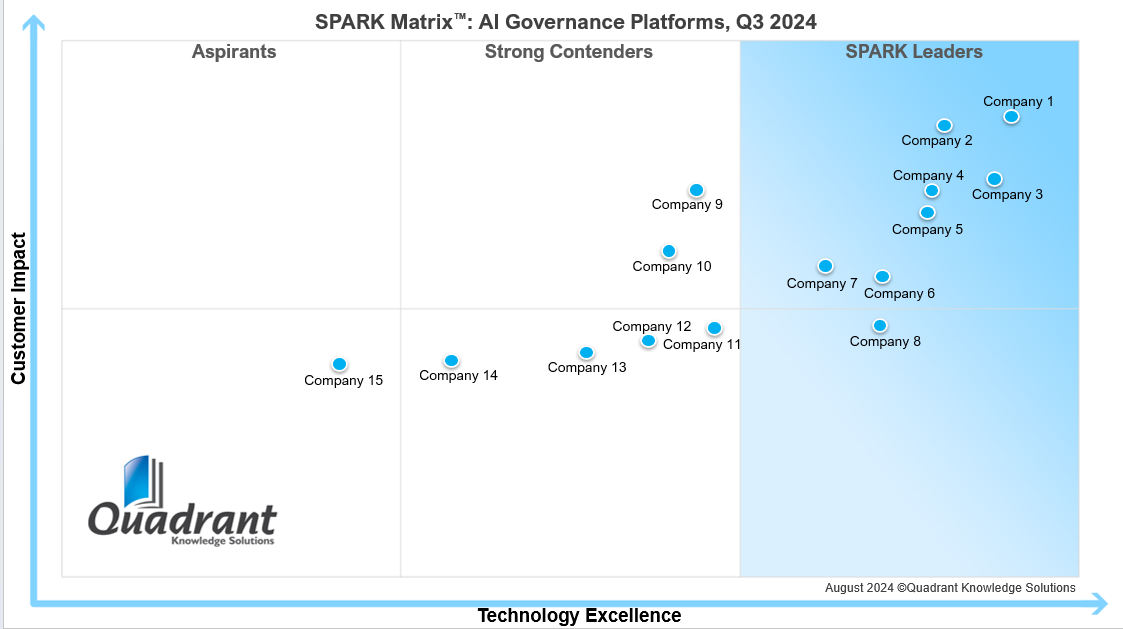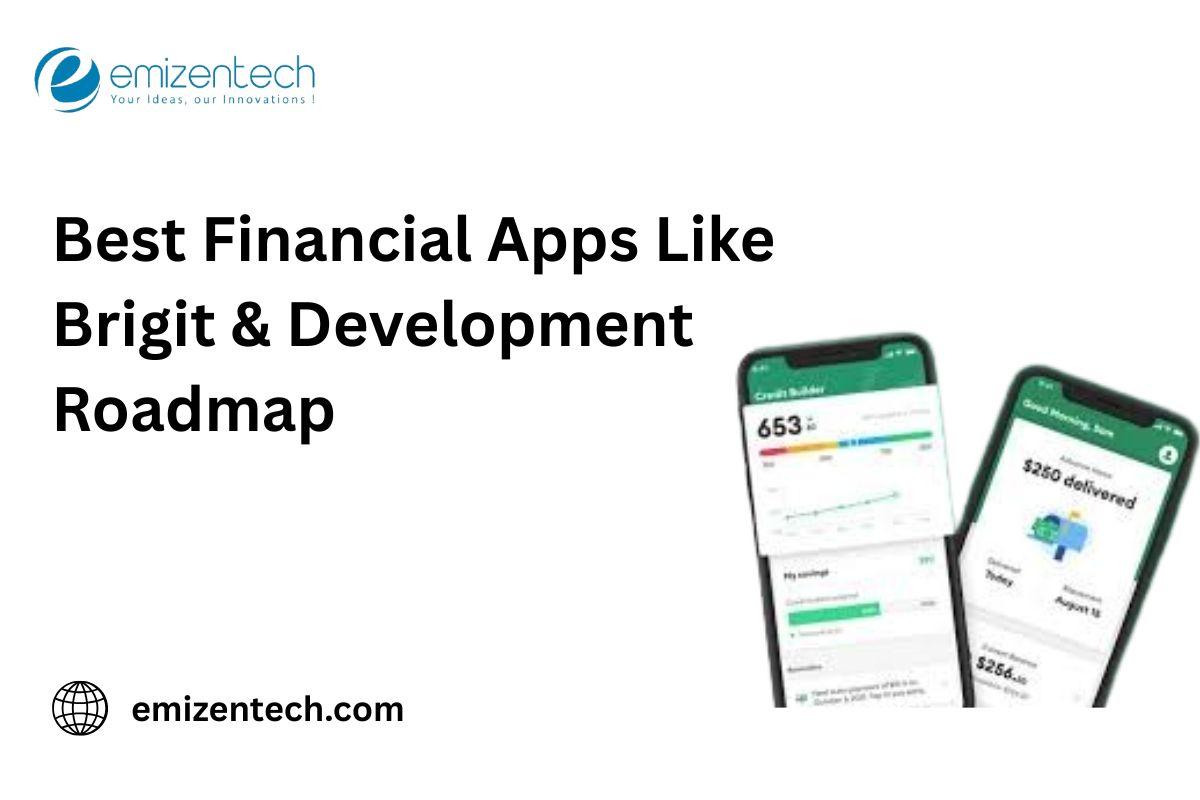AI Governance Platforms Explained: Ensuring Responsible AI at Scale

Artificial Intelligence (AI) is no longer a futuristic concept—it is an active driver of transformation across industries. From personalized recommendations in retail to advanced diagnostic tools in healthcare and automated trading systems in finance, AI technologies are reshaping the way businesses operate and how consumers interact with digital platforms. Yet, with rapid adoption comes heightened risks—ethical, regulatory, and operational—that organizations can no longer ignore. This is where AI Governance Platforms step in as crucial allies, ensuring that innovation is pursued responsibly without compromising on compliance, trust, or efficiency.
Why AI Governance Matters
The power of AI lies in its ability to process vast amounts of data, identify patterns, and make predictions at a scale impossible for humans. However, this power also introduces significant risks:
Bias in AI models can result in discriminatory outcomes, particularly in sensitive areas like hiring, lending, and healthcare.
Regulatory non-compliance can expose organizations to heavy fines and reputational damage, especially as governments worldwide tighten rules on data usage and algorithmic transparency.
Operational failures such as inaccurate predictions or data integrity issues can disrupt business processes, erode customer trust, and cause financial losses.
AI governance platforms act as a safeguard against these risks by providing structured oversight across the AI lifecycle—from data collection and model training to eployment and monitoring.
Core Functions of AI Governance Platforms
Transparency and Explainability
A major concern around AI is the "black box" nature of models, where it’s unclear how a decision is reached. Governance platforms address this through explainability features that allow stakeholders to understand model behavior. This is particularly critical in sectors like finance, where loan approvals must be justified, or healthcare, where treatment recommendations require transparency.
Regulatory Compliance
With laws like the EU’s AI Act and evolving data protection regulations worldwide, compliance has become a non-negotiable element of AI deployment. Governance platforms ensure adherence by embedding compliance checks into workflows, enabling organizations to track and document AI decisions in line with legal requirements
Bias Detection and Mitigation
Bias in AI models can arise from skewed training datasets or flawed algorithmic design. Governance platforms offer tools to detect biases early, test model fairness, and implement corrective actions. By doing so, they help organizations maintain ethical standards while building trust with users.
Real-Time Monitoring
AI models are not static—they evolve as data changes. Real-time monitoring provided by governance platforms ensures that models continue to perform reliably and ethically post-deployment. If anomalies, drifts, or risks are detected, organizations can act swiftly to recalibrate or retrain the models.
Data Integrity and Security
Since AI systems thrive on data, ensuring its accuracy, quality, and security is paramount. Governance platforms provide mechanisms for validating data pipelines, managing access controls, and preventing unauthorized manipulation, thereby strengthening the foundation on which AI models operate.
Operational Oversight
Beyond ethical and regulatory safeguards, governance platforms enhance operational efficiency. They centralize AI model management, streamline approval workflows, and standardize best practices across teams, reducing redundancies and improving collaboration.
Compare products used in AI Governance Platform
Applications Across Industries
Finance: In banking and investment sectors, governance platforms ensure compliance with anti-discrimination laws, manage risks in automated trading, and bring transparency to credit-scoring models.
Healthcare: By making AI-driven diagnostics explainable and compliant with medical regulations, governance tools help hospitals and clinics adopt AI safely and effectively.
Retail: From customer personalization to inventory optimization, retailers use AI governance platforms to ensure ethical data usage while delivering accurate, bias-free insights.
Challenges in AI Governance
While the benefits are clear, AI governance is not without challenges:
Rapid technological change: AI technologies evolve faster than regulations or governance frameworks can adapt. Platforms must continuously update to keep pace.
Integration complexities: Incorporating governance tools into existing workflows and legacy systems can be resource-intensive.
Balancing innovation and compliance: Too much oversight may stifle creativity, while too little may expose organizations to risks. Governance platforms must strike the right balance.
The Road Ahead: Evolving with AI
The future of AI governance platforms will be shaped by their ability to adapt and grow with advancing AI technologies. Emerging areas such as generative AI, autonomous systems, and AI-driven decision-making introduce new risks that require updated governance strategies. For example:
Generative AI raises questions about intellectual property rights and misinformation.
Autonomous vehicles and robotics demand higher levels of accountability and safety assurance.
Large language models require safeguards against hallucinations and harmful outputs.
AI governance platforms must therefore remain agile, integrating new tools, metrics, and oversight mechanisms as the AI landscape expands.
Conclusion
AI governance platforms are not optional add-ons—they are becoming essential pillars for organizations navigating the complexities of AI adoption. By ensuring transparency, compliance, fairness, and operational efficiency, they help companies unlock the full potential of AI while mitigating risks.
As industries increasingly rely on AI for critical decision-making, the demand for governance will only intensify. Organizations that embrace governance early will be better positioned to build trust, avoid regulatory pitfalls, and sustain innovation responsibly. In a world where AI is both an opportunity and a risk, governance platforms represent the bridge that allows businesses to cross safely into the future.







